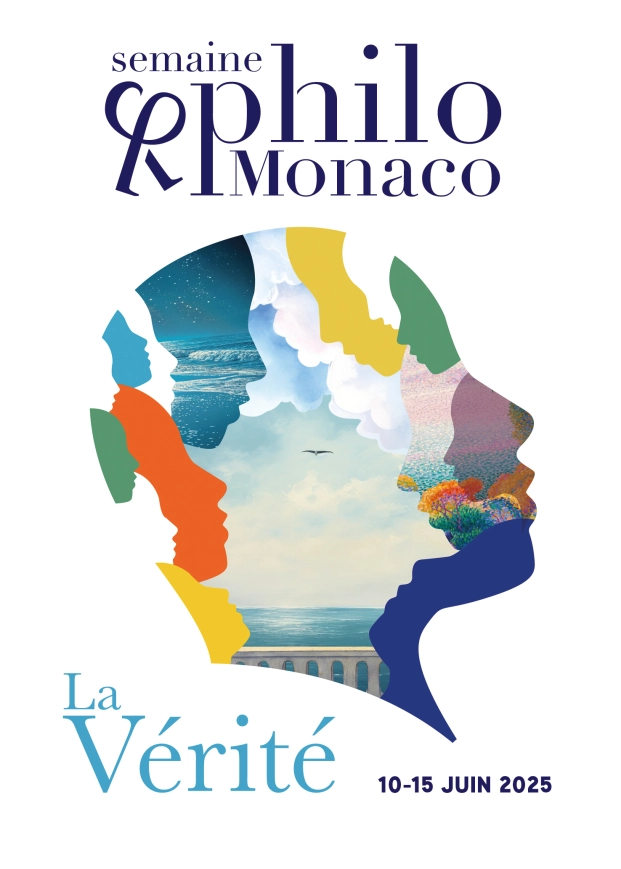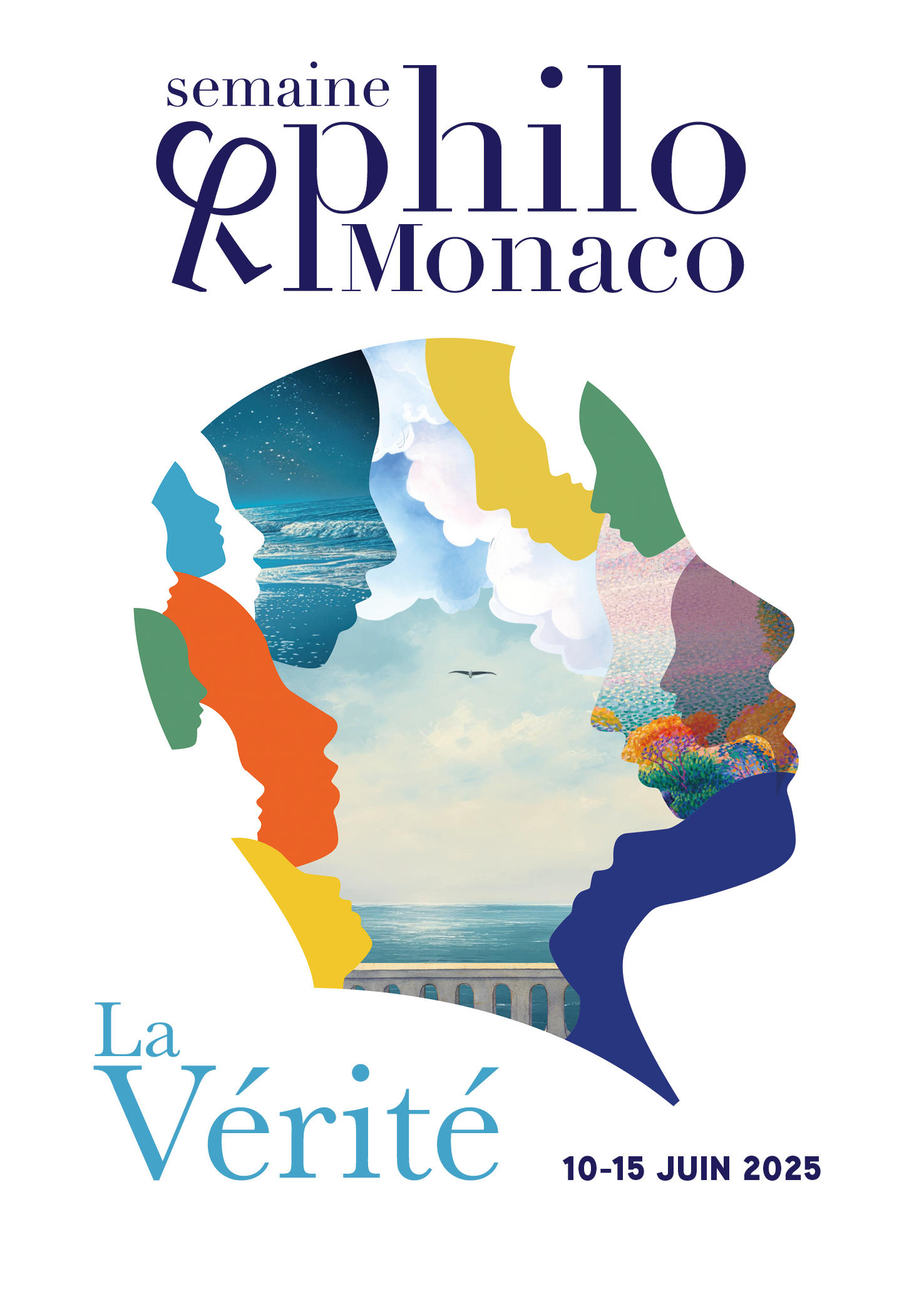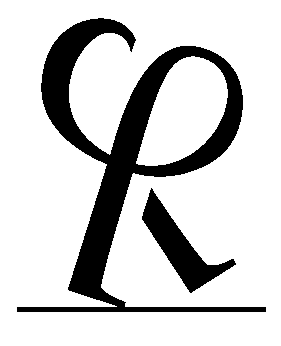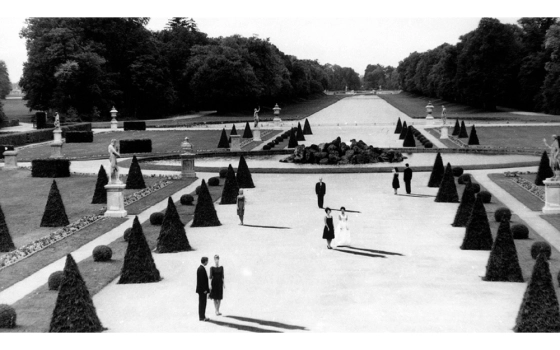

The truth about muscles


Introduction
Presented by Robert Maggiori, philosopher
With Olivia Gazalé, philosopher
Sandra Laugier, philosopher
As a preamble, a performance by Southway Studio, created and directed by Emmanuelle Luciani and Alex Dante
At first glance, it's hard to imagine that any truth could derive from muscles, or even that truth, which is the most constant object of muscular philosophy, could be approached or found by a muscular philosophy -if indeed it could be so, thanks to the strength, suppleness and elasticity of its concepts. Yet ancient thought already contains many developments devoted to physical exercise, and, from the moment Milon of Crotone (the greatest of wrestlers, winner of numerous titles at the Panhellenic Games in the middle of the 6th century BC) introduced training methods, to exercises that could be called "sporting". In the Laws, Republic and Gorgias, Plato gives pride of place to gymnastics, which includes wrestling and dancing and represents the art by which citizens should train. But he adds that this art exists for the body, whereas music, for example, exists for the soul, before specifying that muscular effort and athletic exercise must lead the practitioner not only to bodily health and physical performance but above all to virtue, i.e. moral vigour and upstanding, courage, temperance, self-control and emotional control. Hence the scathing criticism of bodybuilding exercises, which have no other end in view than themselves, and which therefore represent "vanity", "grooming", "cosmetics", and which would be to gymnastics what "cooking" - which, according to Plato, "pretends to know the foods most beneficial to the body" - is to medicine, or what rhetoric is to justice, namely a "low", "disappointing" form, whose sole purpose is to "seduce" or to convince oneself. In this way, "pumping up" is the degradation of "virtuous" muscular exercise. However, bodybuilding, as we understand it today, did not appear until late in the mid-nineteenth century in the form of culturism or bodybuilding. Its founders - from the German Eugène Sandow to the French physician Edmond Desbonnet - placed "physical culture" outside the realm of sporting performance in a global aesthetic of the body, where "muscles" and "beauty" were in symbiosis. But muscles are associated with strength, power, invulnerability, dominance, the imposition of forms of sexuality, emotional control, competition, success and authority values which, already embodied by Nazism, fascism and tyrannical powers, are the very values with which machismo and virilism are shrouded. Could it be that muscles and bodybuilding open the door to other, as yet unsuspected truths?
Informations
Similar events

Représentation poétique et musicale "A la rencontre de la poésie au fil de l’eau" par Chantal Bertrand, Hélène Gastaud, Patrick Mègevand, et avec la complicité de Jacques Burnouf

Raconte-moi...un conte sur les animaux + 4 ans
